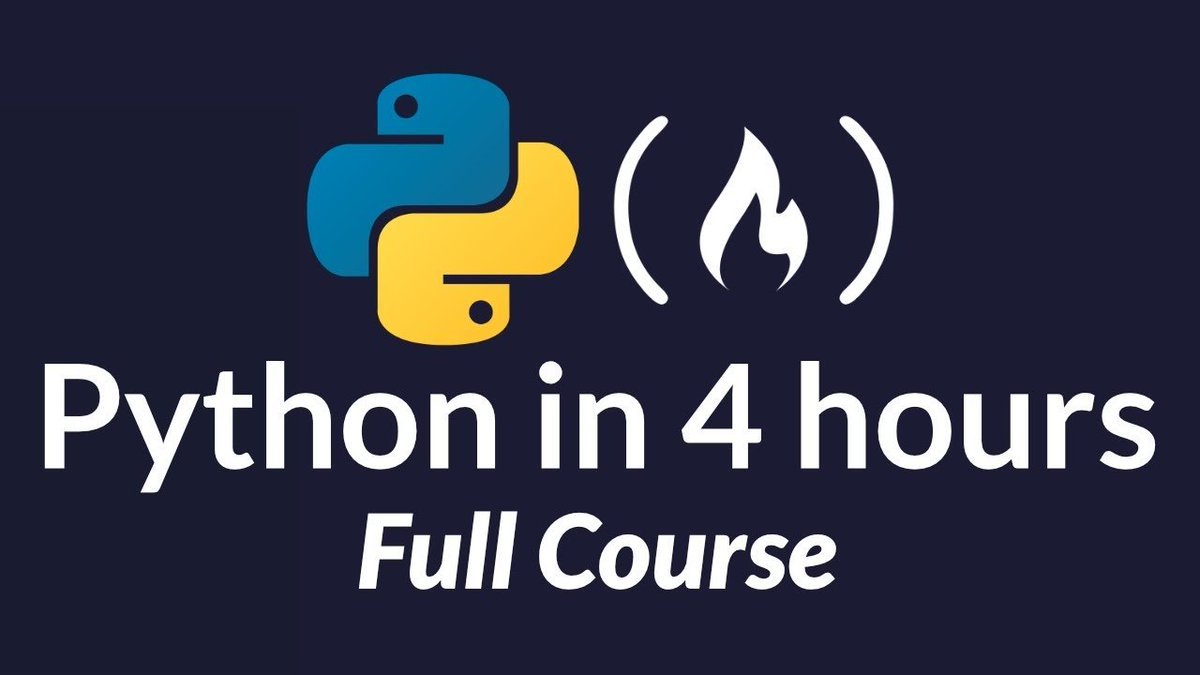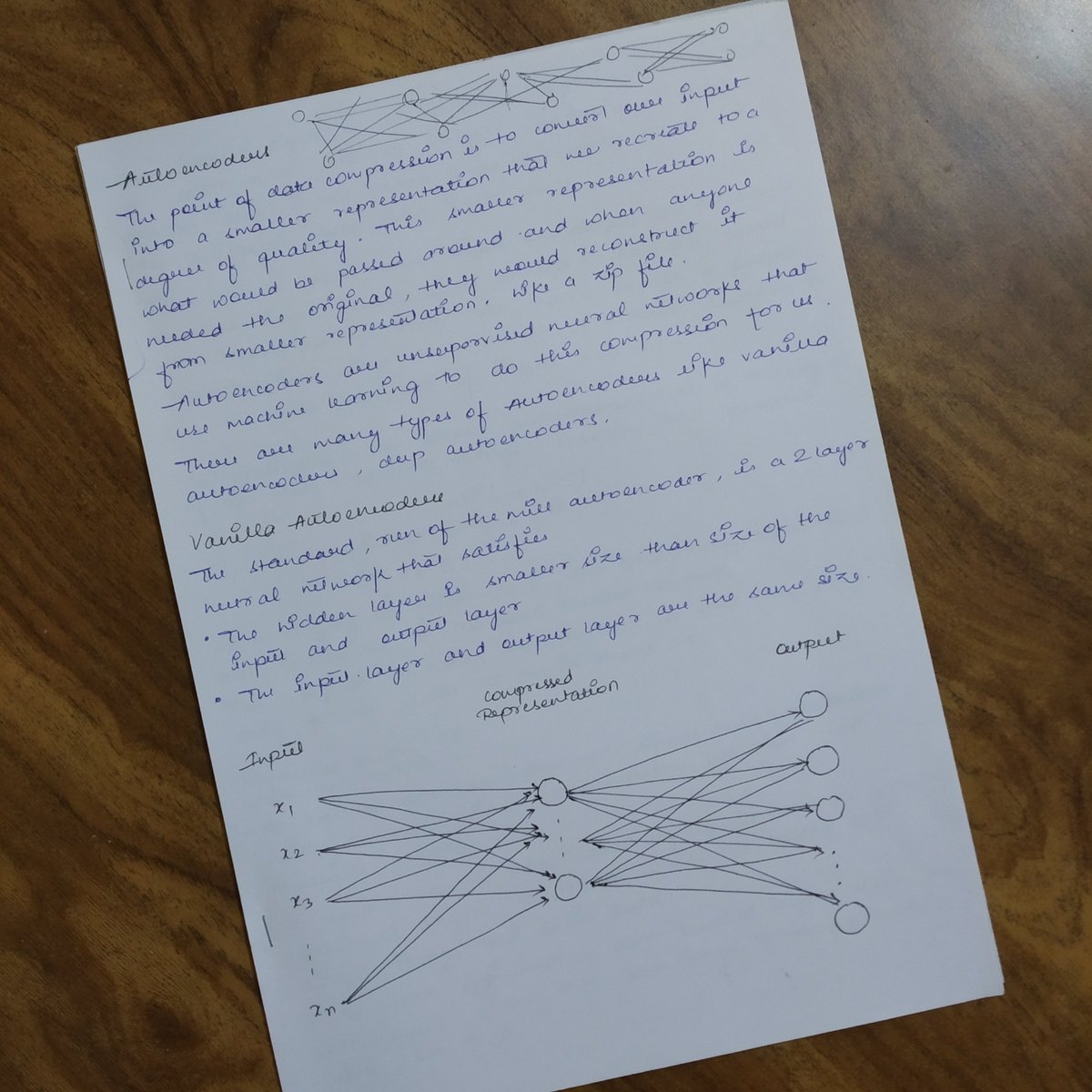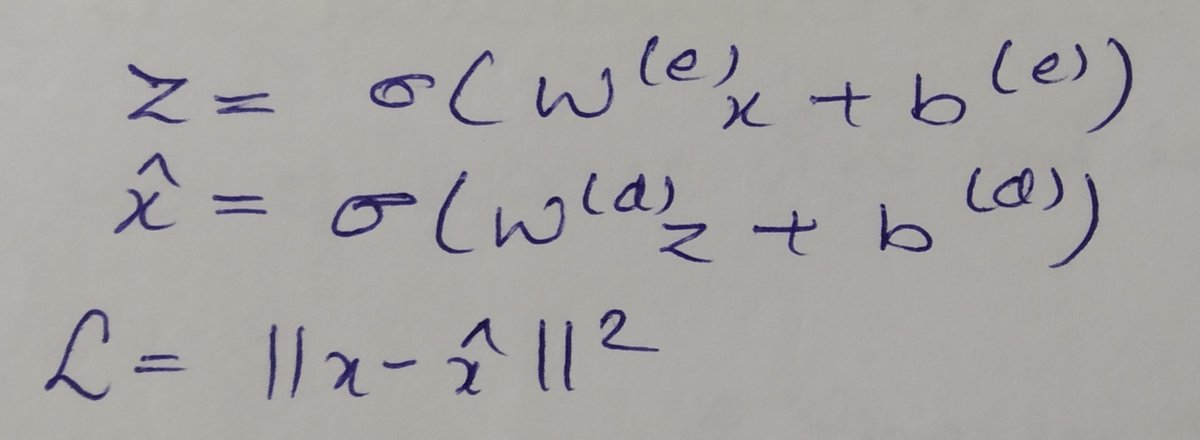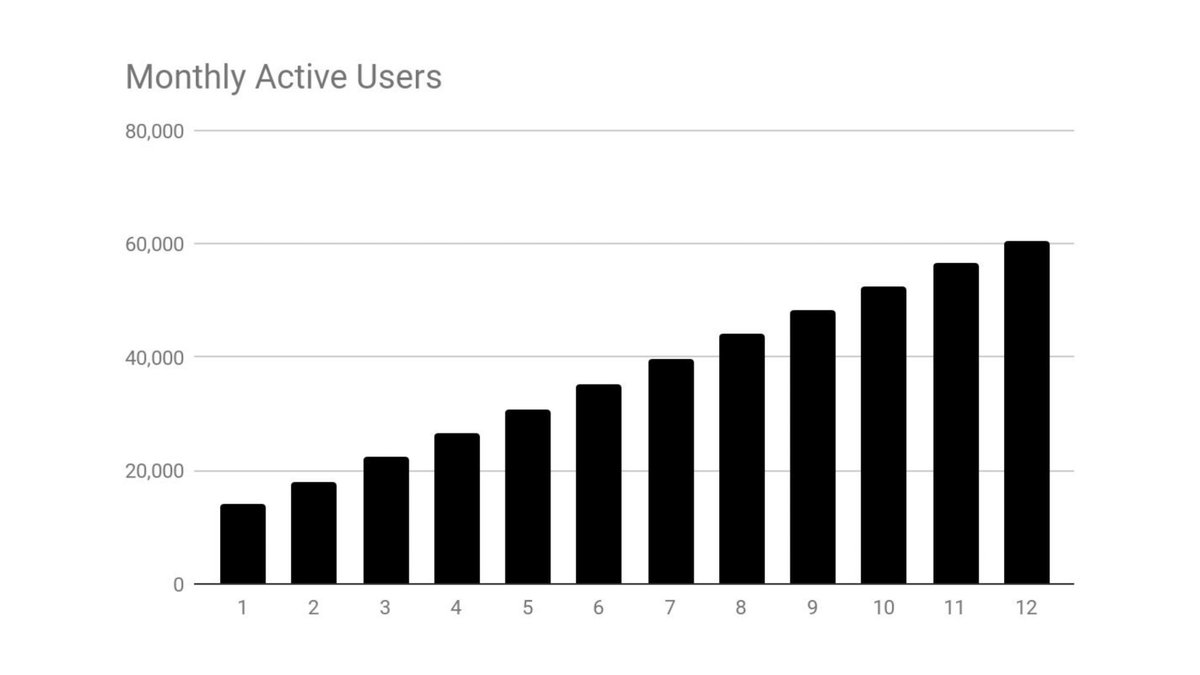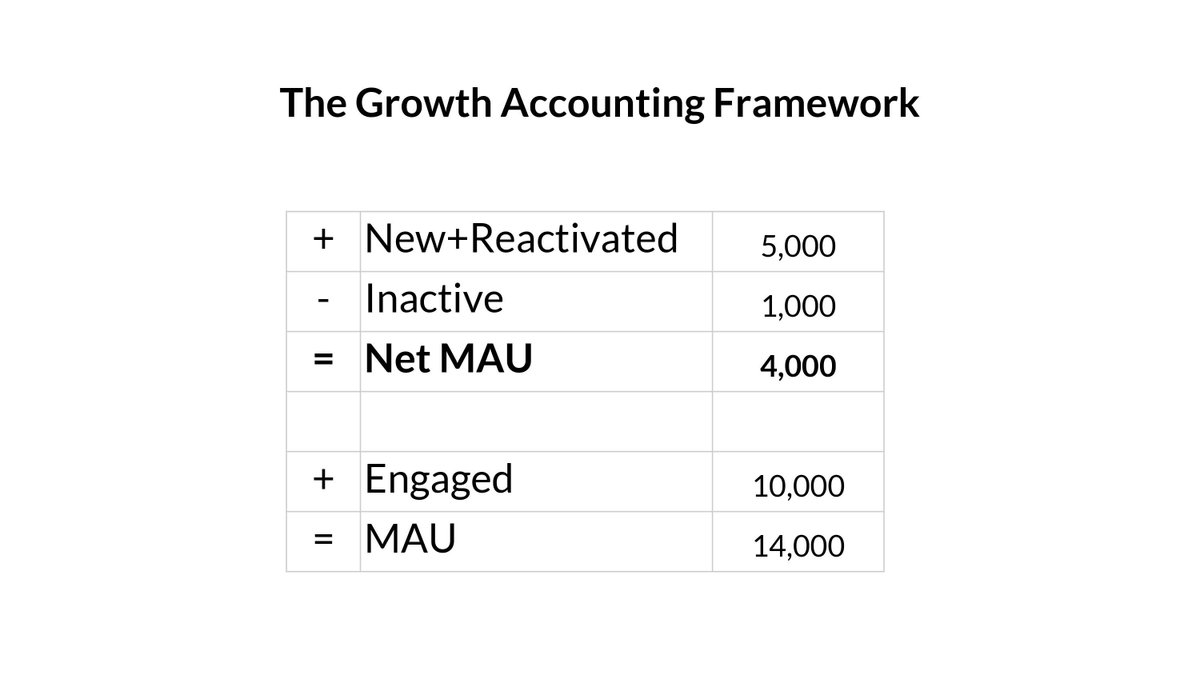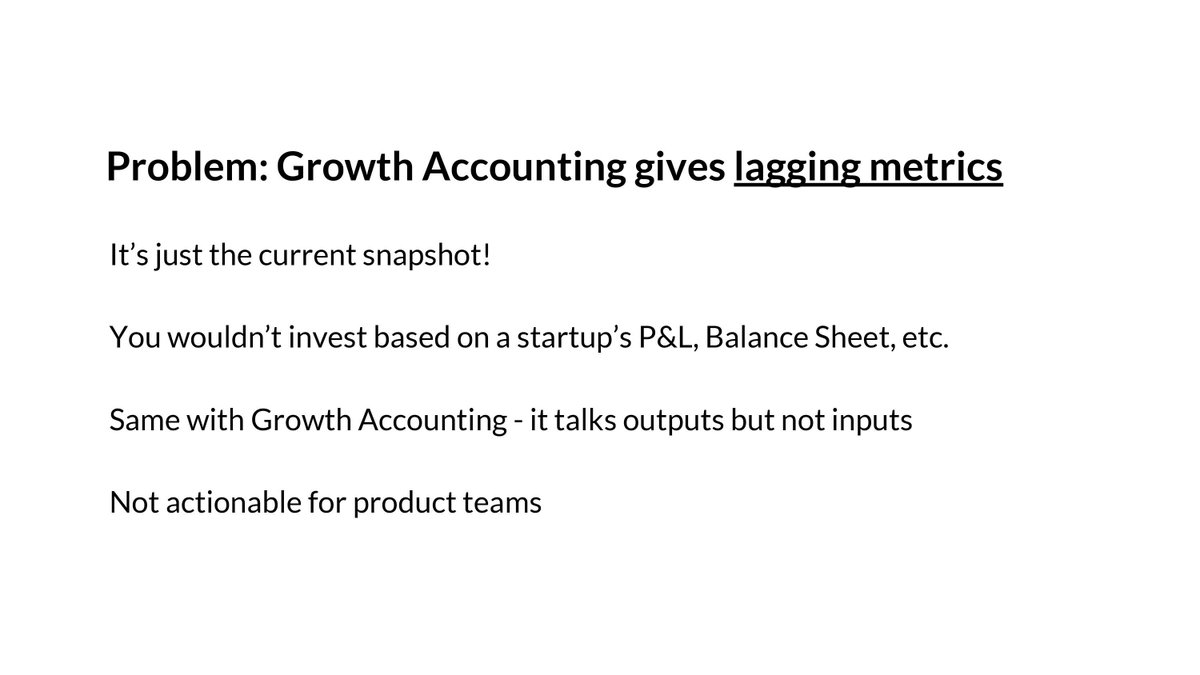(2 / 19)
Which libraries do you really need to get started with Machine Learning and why?
🧵👇
(2 / 19)
- Object-oriented programming in Python:Classes,Objects,Methods
- Lists & List functions
- List comprehension
- List slicing
- String formatting
- List,Dictionaries & Tuples
(3 / 19)
We will talk about👇
- TensorFlow (+ Keras)
- PyTorch
- Pandas
- Numpy
- Matplotlib
- SciKit Learn
- Seaborn
(4 / 19)
1. Pandas
Pandas is a python library that allows you to store and read data from spreadsheets ( .csv, .xlsv files ) in structures called Dataframes.
(5 / 19)
Pandas help you make the data frame itself.
(6 / 19)
Numpy allows you to manipulate the data. It replaces python lists and does the same things, like list slicing for example. However numpy lists are much faster to execute than the default python lists.
(7 / 19)
Matplotlib is a library for plotting data into pie charts, bar charts, and whatever kinds of graphs you can imagine.
(8 / 19)
Seaborn is based on Matplotlib and allows you to visualize data with support for themes (as in color schemes like VS code themes) and more visualization options.
(9 / 19)
Use it when you need to.
(10 / 19)
In machine learning, you will have to work with a lot of messy data! A lot!
These libraries are essential for you so that you can manipulate and analyze data.
(11 / 19)
Do not ignore data analysis and cleaning.
It is even more important than neural network!
(12 / 19)
(14 / 19)
- Both PyTorch and TensorFlow are equally amazing libraries.
(15 / 19)
Scikit learn does a lot of things, from regression to classification, you name it.
It is a great tool to have when working on machine learning.
(16 / 19)
Step 1: Learn Python well.
Step 2: Learn the basics of Numpy, Pandas, and matplotlib.
Step 3: Learn either PyTorch or TensorFlow or SciKit learn at the start.
(17 / 19)
More from Pratham Prasoon
This is a step-by-step guide on getting started with Python as a total beginner.
(includes free resources and everything else you need to get started)
🧵👇
Before we begin, I want to congratulate you on your decision to learn how to code using Python.
I still remember how I wrote my first piece of code 6 years and all the amazing and cool things I've been able to do with it ever since.
(2 / 24)
Make sure to keep in mind that it is probably best for you to keep your expectations in check.
Don't expect to make AAA games or state of the art machine learning models in a week.
(3 / 24)
Programming is not something that you can learn in a single week, it takes consistent effort and dedication over time to get good at it.
With all that being said, let's dive straight in.
(4 / 24)
In order to write Python code, you'll need to install Python on your system.
Linux and macOS users can skip this step because they come pre-installed with Python.
Download link: https://t.co/KSZ4Qd6CNk
(5 / 24)
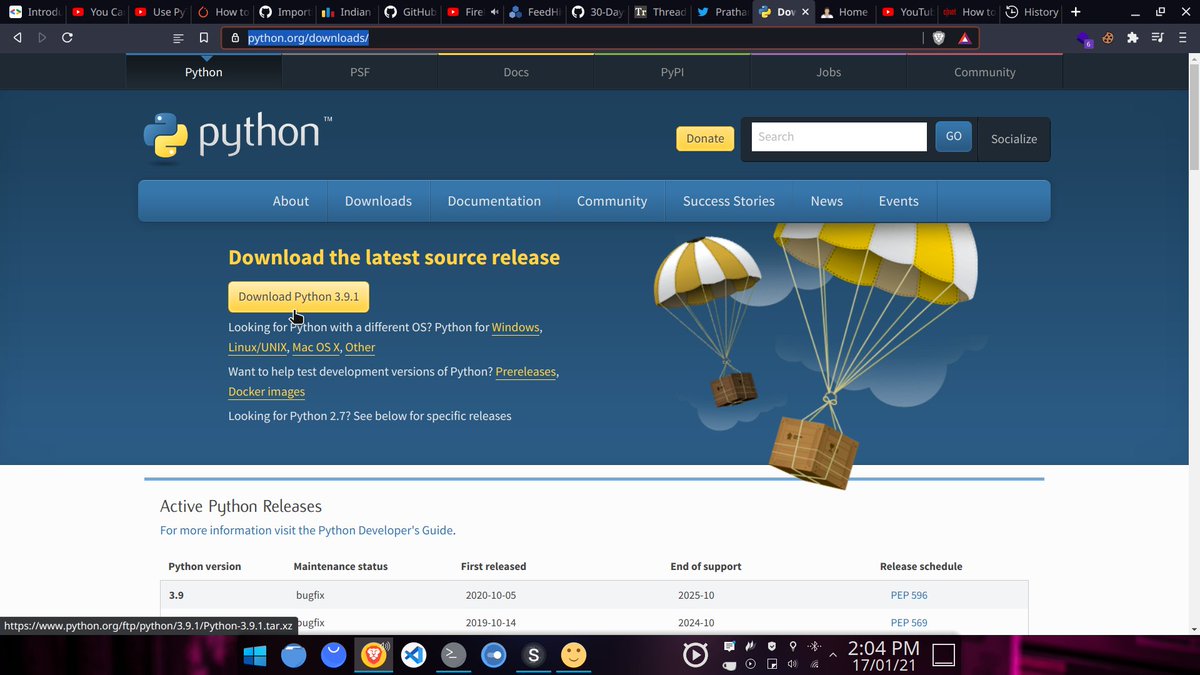
(includes free resources and everything else you need to get started)
🧵👇
Before we begin, I want to congratulate you on your decision to learn how to code using Python.
I still remember how I wrote my first piece of code 6 years and all the amazing and cool things I've been able to do with it ever since.
(2 / 24)
Make sure to keep in mind that it is probably best for you to keep your expectations in check.
Don't expect to make AAA games or state of the art machine learning models in a week.
(3 / 24)
Programming is not something that you can learn in a single week, it takes consistent effort and dedication over time to get good at it.
With all that being said, let's dive straight in.
(4 / 24)
In order to write Python code, you'll need to install Python on your system.
Linux and macOS users can skip this step because they come pre-installed with Python.
Download link: https://t.co/KSZ4Qd6CNk
(5 / 24)

More from Machine learning
Do you want to learn the maths for machine learning but don't know where to start?
This thread is for you.
🧵👇
The guide that you will see below is based on resources that I came across, and some of my experiences over the past 2 years or so.
I use these resources and they will (hopefully) help you in understanding the theoretical aspects of machine learning very well.
Before diving into maths, I suggest first having solid programming skills in Python.
Read this thread for more
These are topics of math you'll have to focus on for machine learning👇
- Trigonometry & Algebra
These are the main pre-requisites for other topics on this list.
(There are other pre-requites but these are the most common)
- Linear Algebra
To manipulate and represent data.
- Calculus
To train and optimize your machine learning model, this is very important.
This thread is for you.
🧵👇
The guide that you will see below is based on resources that I came across, and some of my experiences over the past 2 years or so.
I use these resources and they will (hopefully) help you in understanding the theoretical aspects of machine learning very well.
Before diving into maths, I suggest first having solid programming skills in Python.
Read this thread for more
Are you planning to learn Python for machine learning this year?
— Pratham Prasoon (@PrasoonPratham) February 13, 2021
Here's everything you need to get started.
\U0001f9f5\U0001f447
These are topics of math you'll have to focus on for machine learning👇
- Trigonometry & Algebra
These are the main pre-requisites for other topics on this list.
(There are other pre-requites but these are the most common)
- Linear Algebra
To manipulate and represent data.
- Calculus
To train and optimize your machine learning model, this is very important.


